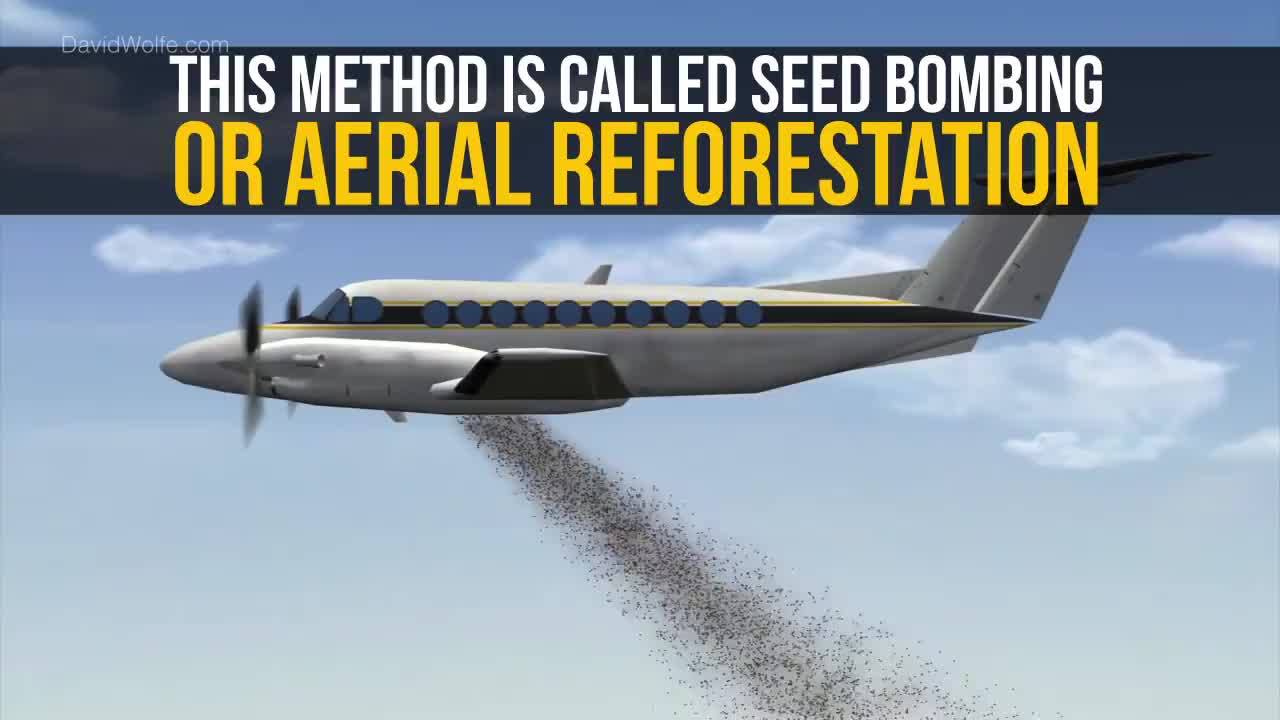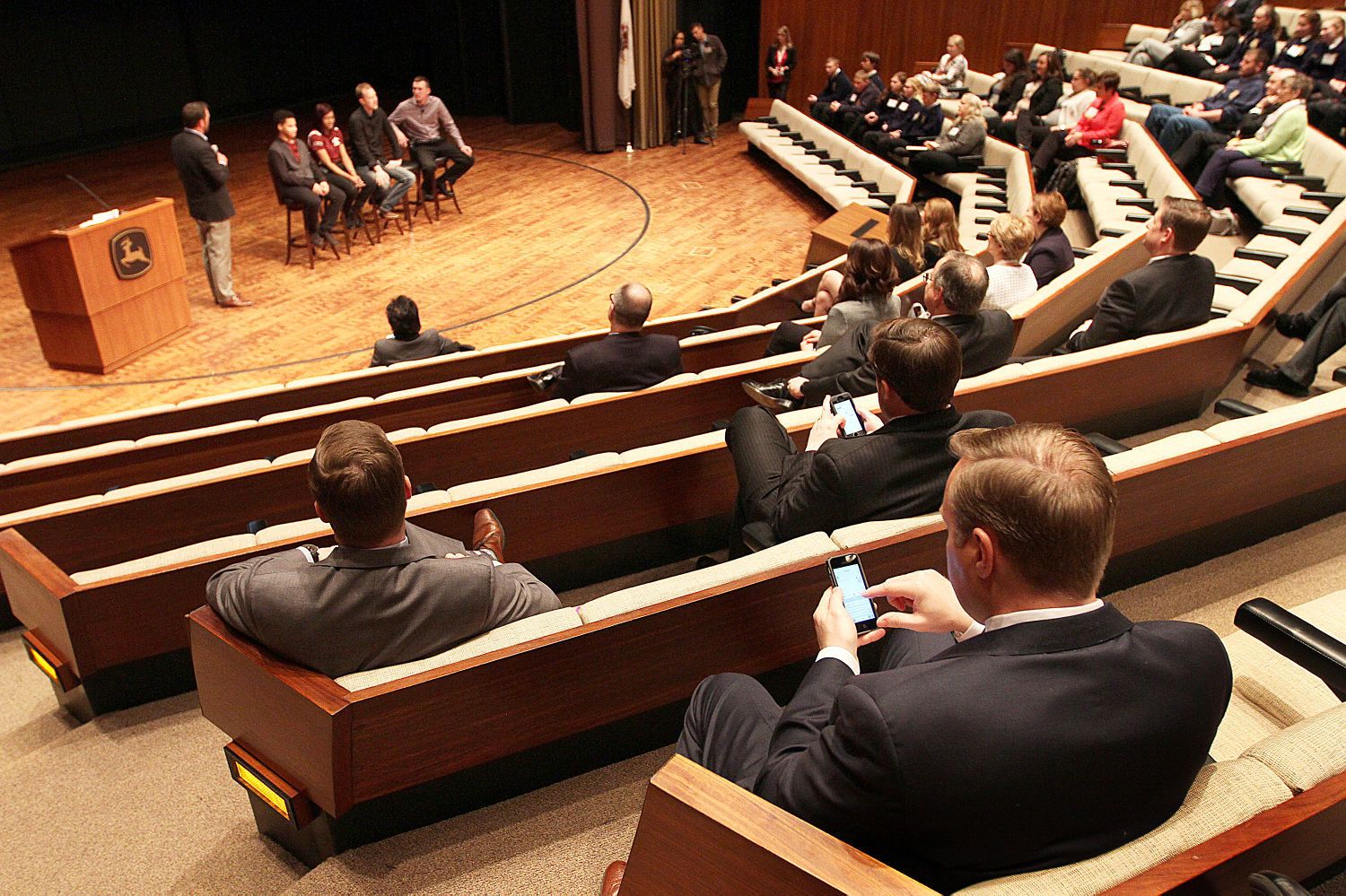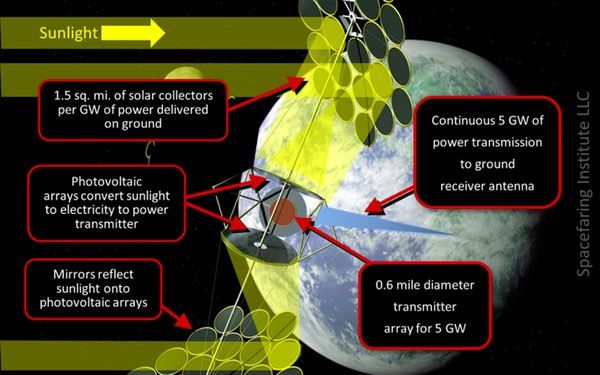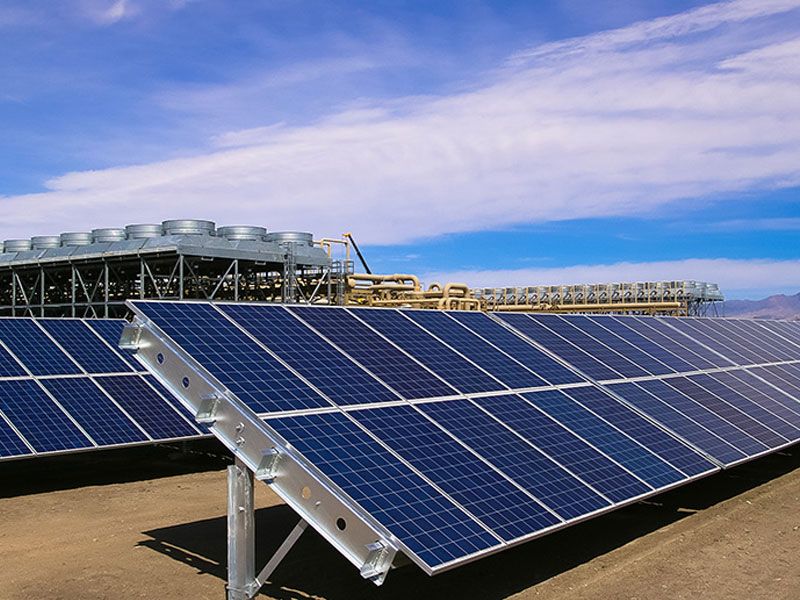Archive for the ‘sustainability’ category: Page 605
Apr 7, 2016
Algae’s enzyme might hold the secret to mass producing biofuel
Posted by Shailesh Prasad in categories: energy, sustainability
A team of scientists from Texas A&M AgriLife Research wants to replicate an alga’s ability to produce big amounts of oil for biofuel.
Apr 6, 2016
Navigating Sustainability and Your Fiduciary Duty — By Al Gore and David Blood | Huffington Post
Posted by Odette Bohr Dienel in categories: business, economics, environmental, sustainability
“Misinterpreting signals to make them consistent with a pre-determined outcome is, psychologists tell us, a common phenomenon in human nature. Unfortunately, it is also a frequent dynamic in modern financial markets, particularly when it comes to sustainability.”
Tags: Finance, risk management
Apr 6, 2016
Elon Musk’s Space Dream Almost Killed Tesla
Posted by Klaus Baldauf in categories: business, Elon Musk, military, space travel, sustainability
SpaceX started with a plan to send mice to Mars. It got crazier from there.
In late October 2001, Elon Musk went to Moscow to buy an intercontinental ballistic missile. He brought along Jim Cantrell, a kind of international aerospace supplies fixer, and Adeo Ressi, his best friend from Penn. Although Musk had tens of millions in the bank, he was trying to get a rocket on the cheap. They flew coach, and they were planning to buy a refurbished missile, not a new one. Musk figured it would be a good vehicle for sending a plant or some mice to Mars.
Ressi, a gangly eccentric, had been thinking a lot about whether his best friend had started to lose his mind, and he’d been doing his best to discourage the project. He peppered Musk with links to video montages of Russian, European, and American rockets exploding. He staged interventions, bringing Musk’s friends together to talk him out of wasting his money. None of it worked. Musk remained committed to funding a grand, inspirational spectacle in space and would spend all of his fortune to do it. And so Ressi went to Russia to contain Musk as best as he could. “Adeo would call me to the side and say, ‘What Elon is doing is insane. A philanthropic gesture? That’s crazy,’” said Cantrell. “He was seriously worried.”

Seed Bombs = Aerial reforestation to foster new growth on damaged land.
Via Reuters.
Via Next Animation Studio.
Apr 5, 2016
Virtual reality helps farmers connect to kids, public
Posted by Karen Hurst in categories: education, food, internet, robotics/AI, sustainability, virtual reality
I expect education to be taught more through VR & AI. I know as a kid, my own elementary, Jr High/ Middle School, and HS experience was pretty mundane and boring at times. By having VR & AI technologies to enable the catering/ customizing of education to the student’s needs and pace will be awesome.
Virtual reality on a Nebraska farm tour combined with a live audience made for a first-time event Tuesday at Deere & Co. headquarters, Moline.
Designed to highlight innovation behind sustainable food production, the web broadcast may have originated in Moline, but it was seen online by 37,000 high school students in the United States.
Continue reading “Virtual reality helps farmers connect to kids, public” »
Apr 5, 2016
Federal legislation to jumpstart space solar power
Posted by Karen Hurst in categories: climatology, economics, food, government, law, nuclear energy, security, solar power, space, sustainability
The United States is transitioning from a primary reliance on fossil fuels to greater use of sustainable natural and nuclear energy sources. There are two reasons for this transition. The first reason is that the abnormally high and increasing level of atmospheric carbon dioxide has created scientific uncertainty and concern as to the detrimental impact this may have on the environment and, consequentially, human civilization. Almost certainly, this abnormal level is due to anthropogenic causes linked to the tremendous expansion in the human population since the early 1700s, the growth of human civilization (e.g., agriculture and industrialization), and the increasing use of fossil fuels. Although fossil fuels have enabled worldwide progress in elevating the standard of living, most of the world’s nations have reached the conclusion that the world should transition entirely to sustainable energy by 2100 (see “The Paris climate agreement and space solar power”, The Space Review, February 29, 2016). It is, however, very important to manage this transition carefully to avoid economic hardship or energy deprivation.
While the United States has large remaining fossil fuel resources, only some are technically recoverable with current safe, legal, and profitable extraction methods. The remaining known and yet-to-be-discovered domestic technically recoverable fossil fuels are inadequate to sustain US fossil fuel energy needs to the end of this century, especially given likely continued immigration-driven US population growth (see “US fossil fuel energy insecurity and space solar power”, The Space Review, March 7, 2016). While the United States has an ethical environmental obligation to end its use of fossil fuels by the end of the century, the reality of having inadequate oil and natural gas resources makes the urgency of transitioning successfully to new sustainable energy sources a clear matter of national energy security. This warrants federal government leadership and strong American private sector engagement.
Unfortunately, due to its large and growing population and per capita energy needs, the United States lacks sufficient suitable land to utilize terrestrial renewable energy to replace fossil fuels. (see “US terrestrial non-fossil fuel energy vs. space solar power”, The Space Review, March 14, 2016). While the United States will utilize terrestrial domestic renewable energy to the extent it is politically acceptable, many factors will likely limit their scale-up. The expansion of nuclear fission energy is also not a satisfactory approach, given the large number of reactors needed. These factors lead to the conclusion that only space-based sustainable energy, such as space solar power, will enable the United States to practically transition away from fossil fuels.
Apr 5, 2016
Tesla Model 3 preorders have likely doubled the electric cars sold
Posted by Shailesh Prasad in categories: Elon Musk, sustainability, transportation
Three days ago, when Global Equities Research projected more than 300,000 reservations for the Tesla Model 3 electric car by the start of this week, that number seemed outlandish.
And yet, by the end of Saturday, the global total had reached 276,000, according to a tweet by Tesla CEO Elon Musk.
When the Model 3 was first unveiled in California on Thursday evening, the number of deposits that day alone had already crossed 100,000.
Continue reading “Tesla Model 3 preorders have likely doubled the electric cars sold” »
Apr 4, 2016
CT Cosmos to Set up $150m Solar Power Project in Plateau
Posted by Karen Hurst in categories: government, solar power, sustainability
Good; more opportunity for the region.
Seriki Adinoyi in Jos.
Panyam community of Mangu local government area of Plateau State came up alive at the weekend as they came out enmasse to receive CT Cosmos Nigeria Limited, a subsidiary of Communication Towers Ltd, which has indicated interest in establishing a massive Solar plant power project of over $150 million in the community.
Continue reading “CT Cosmos to Set up $150m Solar Power Project in Plateau” »
Apr 4, 2016
Robotic in orbit assembly of massive sails and laser propulsion elements for fast travel anywhere in the solar system and beginner interstellar capability
Posted by Andreas Matt in categories: robotics/AI, solar power, space travel, sustainability

Robotic in orbit assembly and laser propulsion could enable vast increases in space capability while not significantly changing the world civilization energy budget.
Robotic and additive manufacturing could enable massive frames and massive solar power arrays.














